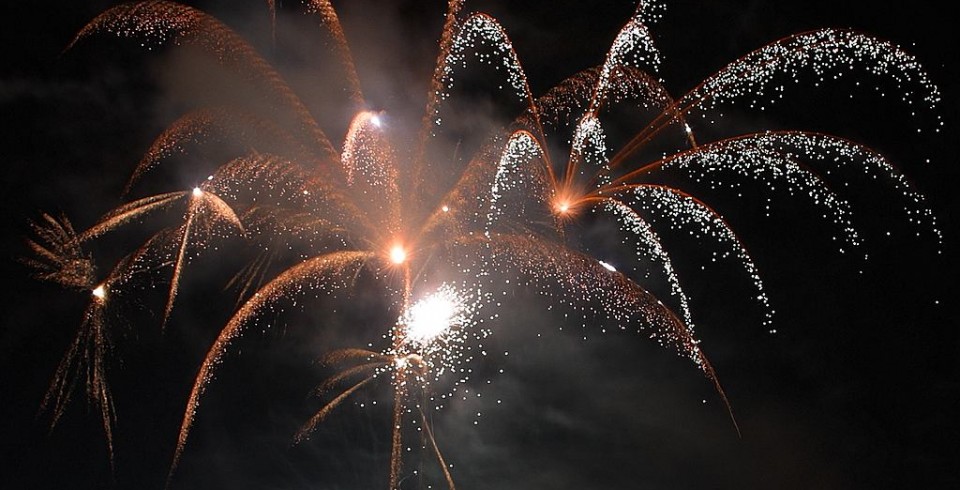Tags
Amy Dryansky, Grass Whistle, guest blogger, poetry lab, writing techniques, Writing Without Purpose (on Purpose)

Bardswell’s Ferry Bridge, Franklin Co., MA
When I’m starting new work I like to move directly from the dream-space of sleep into the one-eye-shut space of writing. I grab my coffee and notebook, and settle in somewhere quiet. In good weather, that means outside; otherwise, in bed, or a comfortable chair, but rarely at my desk. The formal place of “desk” I save for the more intentional work of revising and editing.
I try not to pay too much attention to what I’m writing as I write. I don’t want to break whatever fragile thing is trying to emerge. Keats called this space where we create “negative capability,” but I prefer the “purposeful purposelessness” described by the philosopher Suzanne Langer. I think of it as deliberately keeping my gaze just slightly out of focus. Stare too hard and you could miss what you’re trying to see.
That said, where I am definitely filters down into the writing. For almost 20 years I’ve lived in a small, rural town, and spend a lot of time walking my dog, and (unfortunately) driving. The landscapes I pass through have become imprinted in my consciousness—I guess you could say they’re a kind of infrastructure. If a crow is squawking nearby, or the wind is blowing, if the bee balm is flaunting its spiky magenta blooms, then that will almost certainly make its way into my work. Sometimes in an obvious way, as images, sometimes it will just seep into my unconscious and enter the writing as rhythm or some other aspect of form.
Often I find the germ of a poem coming to me as I walk or drive through my day. I say it aloud, testing the feeling and sound, and then I record it on my phone or scribble it down. When I finally have a stretch of uninterrupted time, I start from those words, and try to re-enter where I was at that moment. I rarely have a plan; I just go where it feels like the words want to go and trust that what I’m struggling to say will eventually become more clear. Most of the time, it does: a form begins to emerge, line breaks assert themselves, images sharpen, the speaker’s attitude or diction develops. Once that happens, I can look at the poem with a more critical eye, and begin to shape and revise.
“Through Line,” a poem of mine published in Orion, is a perfect example of that process. The poem isn’t “about” where I live, but it’s built from the farms, roadsides and meadows where I walk and (too often) drive; the creatures (and humans) that weave in and out of my day; the long iron bridge I cross to get to work. The bridge is so narrow only one car can pass at a time, which means I get to linger as I make my way to the other side, taking in the view of the Deerfield River, feeling the wooden planks thunk beneath my tires. And it means I can also take in, over and over, the warning sign posted on one of the uprights: “No climbing, no jumping, no rappelling at any time.”
“Through Line” isn’t a poem “about” flowers and cows and birds and fences. But, like many of the poems in my book, Grass Whistle, those things (and many others) do provide a kind of infrastructure for what I’m writing—like that bridge, they’re a jumping-off point. I guess I’m always looking for that place, keeping my eyes half-open, hoping for a soft landing.
Through Line
Innumerable robins, dandelions
gone over to perfect
overexposures poised for release an iron bridge
spanning a steep-sided river, shadows
falling sideways through the cables:
no climbing, no jumping, no rappelling
at any time the roadside
an uninterrupted stream of ripening
timothy, bird noise and cow
their brown and white arrangement, their undisguised
inquiry as we pass breaking up space
like the barbed wire’s staccato
of uprights and horizontals a flimsy boundary
when you consider
what we’re made of and that somebody
—despite the brand new barn’s
acknowledged comforts and the farmer
checking for gaps
hawkweed, celandine and buttercup
might mask—
somebody might change their mind
something could break
and how would we know with all of this
blooming this temporary
rise and fall and light rain softening our edges?
Note: A shorter version of this piece originally appeared on the Orion blog
Amy Dryansky’s newest poetry collection, Grass Whistle, was released in 2013 by Salmon Poetry. Her first book, How I Got Lost So Close To Home, was published by Alice James Books and individual poems have appeared in a variety of anthologies and journals, including Orion, The New England Review, Harvard Review, make/shift and Upstreet. Dryansky’s received honors/awards from the Massachusetts Cultural Council, MacDowell Colony, Vermont Studio Center and the Bread Loaf Writers Conference. She’s also a former Associate at the Five College Women’s Studies Research Center at Mt. Holyoke College, where she looked at the impact of motherhood on the work of women poets. Dryansky currently teaches in the writing program at Hampshire College and writes about what it’s like to navigate the territory of mother/worker/poet at her blog, Pokey Mama.

Pingback: Writing Without Purpose (On Purpose) | Pokey Mama